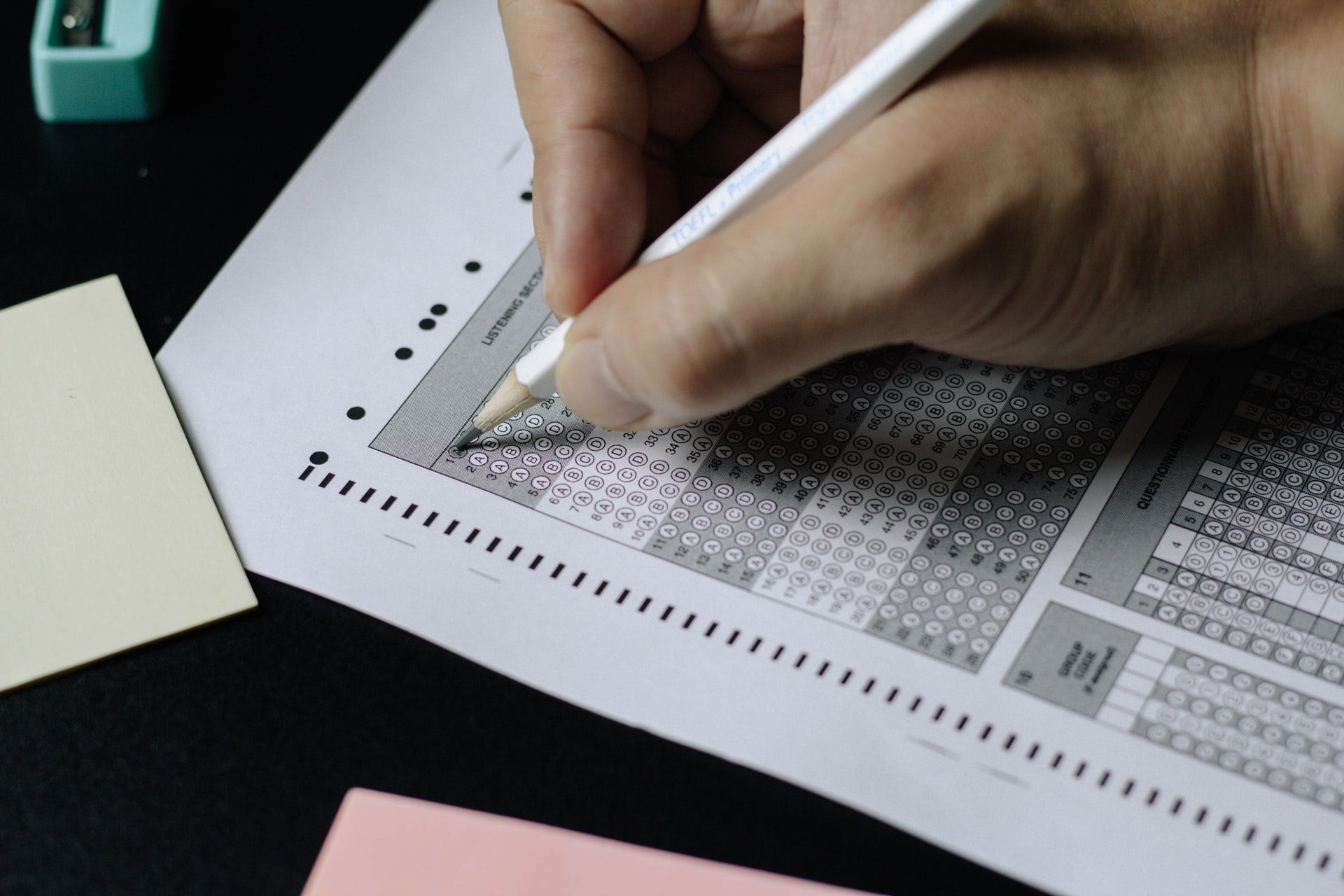
As we are all aware, the college application process can be very taxing—mentally and physically—for students as they enter into the summer preceding their Senior year. With all that is asked of students, it’s no wonder that college entrance exams, and the associated prep that goes into them, can be a huge source of stress and dread for many students. Even without the additional burden of college applications, preparing for the SAT or ACT in your Sophomore or Junior year can be a daunting task.
So when a student has spent countless hours preparing for it and the results are either underwhelming, or even downright disheartening, it can be a large blow to their psyche and momentum. It’s at this point that many students face a challenge: how to bounce back and move forward confidently?
So much of the answer to this question is dependent upon the particulars of a student’s situation, but there are a few general principles that can be applied to most cases.
The first thing that a student must remember is that your prospective colleges may never see your score, should you desire. A score on any given exam (SAT or ACT) can be shared, or not, with colleges you are interested in. On some occasions sending multiple scores can highlight progress and emphasize your persistence, but if you’re only looking to send in your highest score, that is all schools will see. So your future is likely not impacted much by your first (or second) exam, in that sense.
Once a student has been able to acknowledge the above, the next step is putting together a plan to move forward, something which can be acted upon over the next couple of weeks. Much of the particulars of this plan will depend upon how soon your next exam is, of course, but we can detail a few things all students should consider.
The number one priority at the outset is to go over the results of your official exam, to the extent possible. There are limitations to this, unfortunately, as not every exam date (either ACT or SAT) offers the ability to look over the questions you missed. For further information about which exams offer these services, please speak with your ESM Counselor or Mentor. Assuming you have access to this information, digging through the results can provide valuable insight into how you did on each section, which types of problems they missed, as well as why they may have missed a given problem (simple mistake, misunderstanding, time constraints, etc.) Another great advantage of having this information is that students can review the exam immediately prior to their next official exam in order to predict the types of questions (particularly on the math sections) that they will likely see.
Once you’ve gained a bit more confidence in yourself and reviewed what went wrong on your last exam, it’s time to piece together a study plan to maximize your gains leading up to the next one. At this point there are usually a couple of questions to consider: Is it likely a lot of the score disparity between expected and actual can be chalked up to anxiety or inexperience with the testing environment? Which sections did the student struggle with the most and which are likely to provide for the greatest potential improvements? Was the student overly tired near the end of the exam? These should all be discussed with the student’s test prep mentor, of course, but there’s value to be had by having the student consider these on their own, first. The answers to these questions will determine much of what will be prioritized. Many times, students will have a strong sense that they can predict their score to within a couple of points and a large deviation from this can signify they need to spend more time on full-length sections in practice or (even better) full-length diagnostic exams.
I’ll leave with one last point. Much of what has been mentioned so far has been in very general terms and this is due to the fact that every student’s situation will be different and require more tailored prescriptions, but all students can benefit from a positive outlook after taking a hit on an official exam. It’s so crucial that students approach this stage of their test prep with a sense of optimism bolstered by an actionable plan. Looking at this as an opportunity for growth, coupled with a thoroughly detailed plan, should get the student back on track and ready to tackle their future exams.